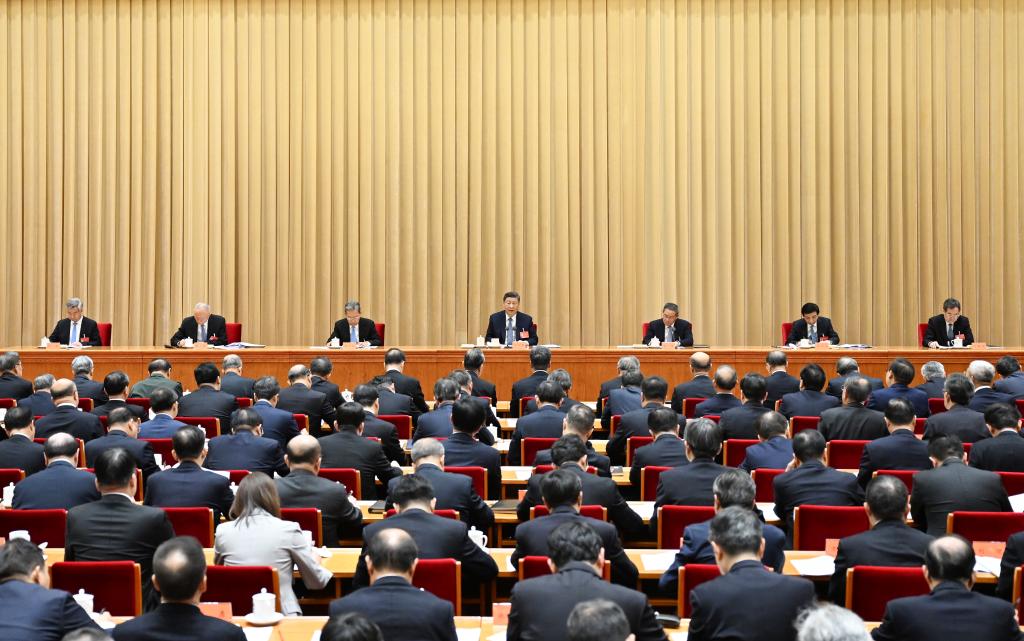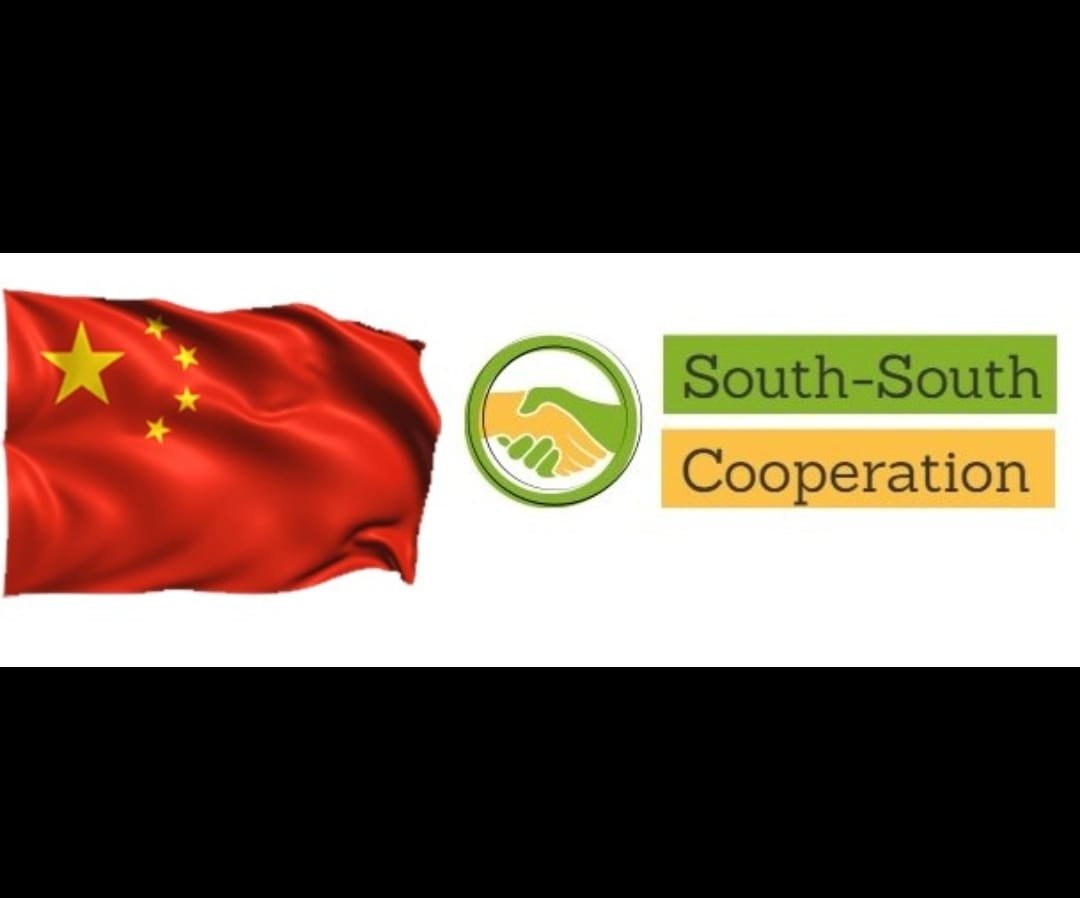Beijing, December 13, 2024 – The Europe Today: The annual Central Economic Work Conference concluded in Beijing on Thursday, setting the tone for China’s economic agenda in 2025. The two-day event was marked by an important speech from President Xi Jinping, who serves as General Secretary of the Communist Party of China (CPC) Central Committee and Chairman of the Central Military Commission.
In his address, Xi reviewed the economic achievements of 2024, assessed the current economic landscape, and outlined the priorities for the coming year. He emphasized the country’s generally stable economic performance in 2024, highlighting significant strides in high-quality development and the successful accomplishment of major annual goals and tasks.
Economic Highlights and Challenges
The conference lauded the effective deployment of incremental policies by the CPC leadership in late September, which bolstered social confidence and spurred a notable economic rebound. However, it also acknowledged challenges posed by a shifting external environment and domestic economic pressures. Despite these hurdles, the meeting reaffirmed confidence in the Chinese economy’s long-term resilience and growth potential.
“We must face up to the difficulties, strengthen our confidence, and strive to transform all positive factors into actual achievements in development,” the meeting stated.
Policy Directions for 2025
The meeting underscored the need for proactive macroeconomic policies to sustain growth and achieve the objectives of the 14th Five-Year Plan (2021-2025) while laying the groundwork for the 15th Five-Year Plan (2026-2030). Key measures include:
- Fiscal Policy: Adoption of a more proactive fiscal approach, a higher deficit-to-GDP ratio, increased issuance of ultra-long special treasury bonds, and optimized fiscal expenditure.
- Monetary Policy: Implementation of a moderately loose monetary policy, including reductions in the reserve requirement ratio and interest rates, ensuring ample liquidity.
- Consumption and Demand: Boosting domestic consumption, improving investment efficiency, and introducing programs to stimulate trade-in and upgrade of consumer goods.
Strategic Development Goals
The conference outlined priorities such as advancing technological innovation, developing future-oriented industries, and building a modernized industrial system. Notable initiatives include the “AI Plus” program and the establishment of zero-carbon parks.
Efforts will also focus on enhancing regulatory frameworks, expanding high-standard opening-up, and stabilizing foreign trade and investment. Plans to address systemic risks, particularly in real estate and local financial institutions, were also discussed.
Regional and Social Development
China aims to promote coordinated urban-rural development, ensure stable agricultural production, and pursue green transitions across all sectors. Policies to support childbirth, expand elderly care services, and implement employment support plans for small enterprises were emphasized.
Implementation and Social Stability
The meeting stressed the importance of timely and effective policy implementation to maintain stable growth, employment, and prices. It also highlighted the necessity of fostering social stability and preparing sound proposals for the 15th Five-Year Plan.
Leadership Participation
Top leaders, including Li Qiang, Zhao Leji, Wang Huning, Cai Qi, Ding Xuexiang, and Li Xi—members of the Standing Committee of the CPC Central Committee—attended the conference. Li Qiang delivered the concluding remarks, focusing on implementing Xi Jinping’s directives and ensuring robust economic management in 2025.
China’s leadership remains committed to steering the economy through challenges while laying a strong foundation for sustained growth and development.





